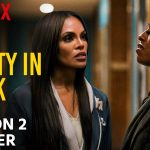The Zone of Interest (2023): A Haunting Exploration of Complicity and Denial

The Zone of Interest (2023), directed by Jonathan Glazer, is a masterful historical drama that delves into the chilling realities of human indifference and moral complicity. Set during the Holocaust, this critically acclaimed film follows Rudolf Höss, the commandant of Auschwitz, and his family as they lead a seemingly idyllic life just outside the concentration camp’s walls. With its unsettling narrative, exceptional performances, and meticulous craftsmanship, The Zone of Interest stands as one of the most thought-provoking films of 2023. This 2000-word review explores the film’s themes, performances, technical achievements, and historical significance, offering insights for cinephiles and casual viewers alike.
Rating: ★★★★☆ (4/5)
Hashtags: #ZoneOfInterest #HistoricalDrama #MovieReview #JonathanGlazer #TopMovies2023
A Chilling Premise Rooted in Historical Reality
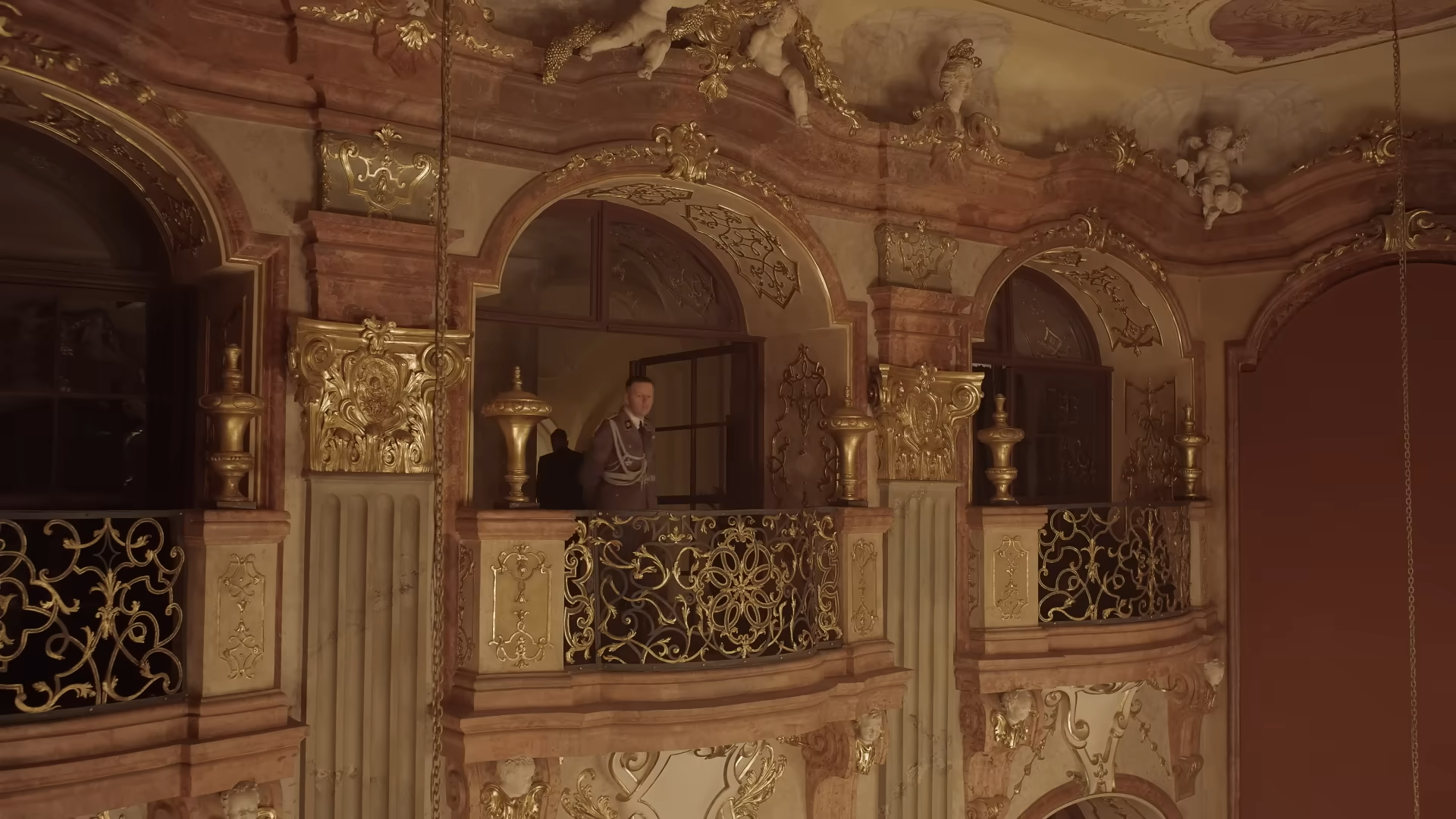
At its core, The Zone of Interest is a film about the banality of evil, a concept famously articulated by philosopher Hannah Arendt. The story centers on Rudolf Höss (played with chilling detachment by Christian Friedel), the real-life Nazi officer responsible for overseeing Auschwitz’s operations. Rather than depicting the atrocities within the camp, Glazer chooses to focus on the Höss family’s domestic life in their picturesque home, located mere meters from the camp’s horrors. This narrative choice creates a jarring contrast between the serene normalcy of their daily routines and the unimaginable suffering occurring nearby.
The film’s title refers to the “Interessengebiet,” the euphemistic Nazi term for the area surrounding Auschwitz, where the Höss family resides. Their home, complete with a well-tended garden, represents a facade of normalcy, masking the moral decay beneath. Through this lens, The Zone of Interest examines how individuals compartmentalize and rationalize their proximity to evil, raising profound questions about complicity, denial, and the human capacity for indifference.
This premise resonates deeply in 2023, as audiences grapple with ongoing global conflicts and ethical dilemmas. By grounding its story in a specific historical moment, the film invites viewers to reflect on universal themes, making it a timeless addition to the historical drama genre.
Exceptional Performances That Anchor the Narrative
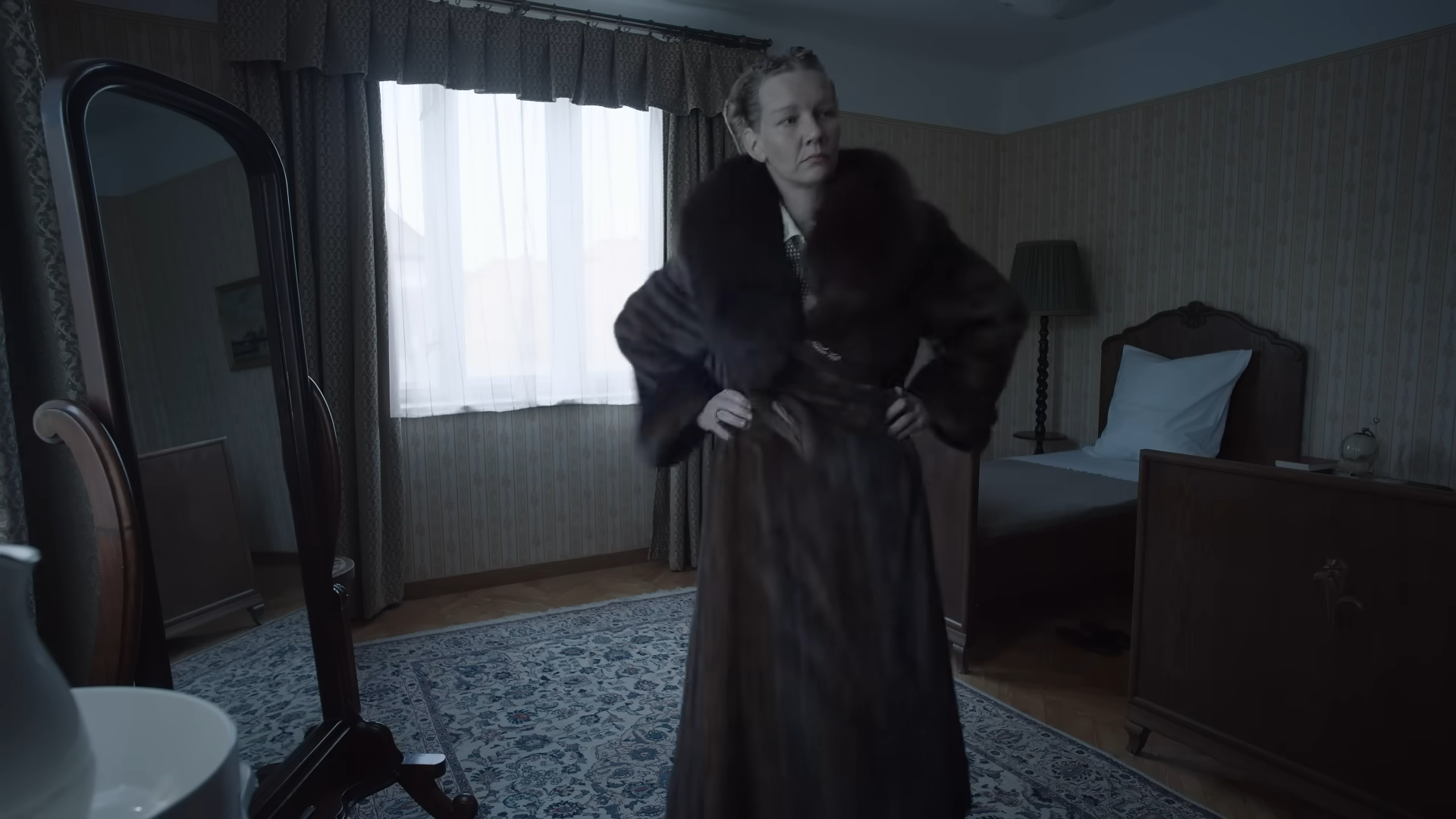
The performances in The Zone of Interest are nothing short of remarkable, bringing emotional depth to a story that relies heavily on subtlety. Christian Friedel delivers a haunting portrayal of Rudolf Höss, capturing the character’s bureaucratic detachment and unsettling normalcy. Friedel’s Höss is not a cartoonish villain but a disturbingly ordinary man who performs his duties with chilling efficiency while maintaining a facade of familial devotion. His restrained performance underscores the film’s exploration of how ordinary people can become complicit in extraordinary atrocities.
Equally compelling is Sandra Hüller as Hedwig Höss, Rudolf’s wife. Hüller imbues Hedwig with a complex mix of ambition, denial, and quiet cruelty. Her character revels in the comforts of their stolen home, proudly referring to herself as the “Queen of Auschwitz.” Hüller’s ability to convey Hedwig’s complicity through subtle gestures and expressions is a testament to her skill, making her performance one of the film’s standout elements. Together, Friedel and Hüller create a chilling portrait of a couple whose mundane existence belies their moral corruption.
The supporting cast, including the actors portraying the Höss children, adds authenticity to the family dynamic. The children’s innocence contrasts starkly with their parents’ actions, amplifying the film’s unsettling tone. Every performance feels carefully calibrated to serve the story’s themes, ensuring that the characters remain human rather than caricatured.
A Masterclass in Cinematography and Sound Design
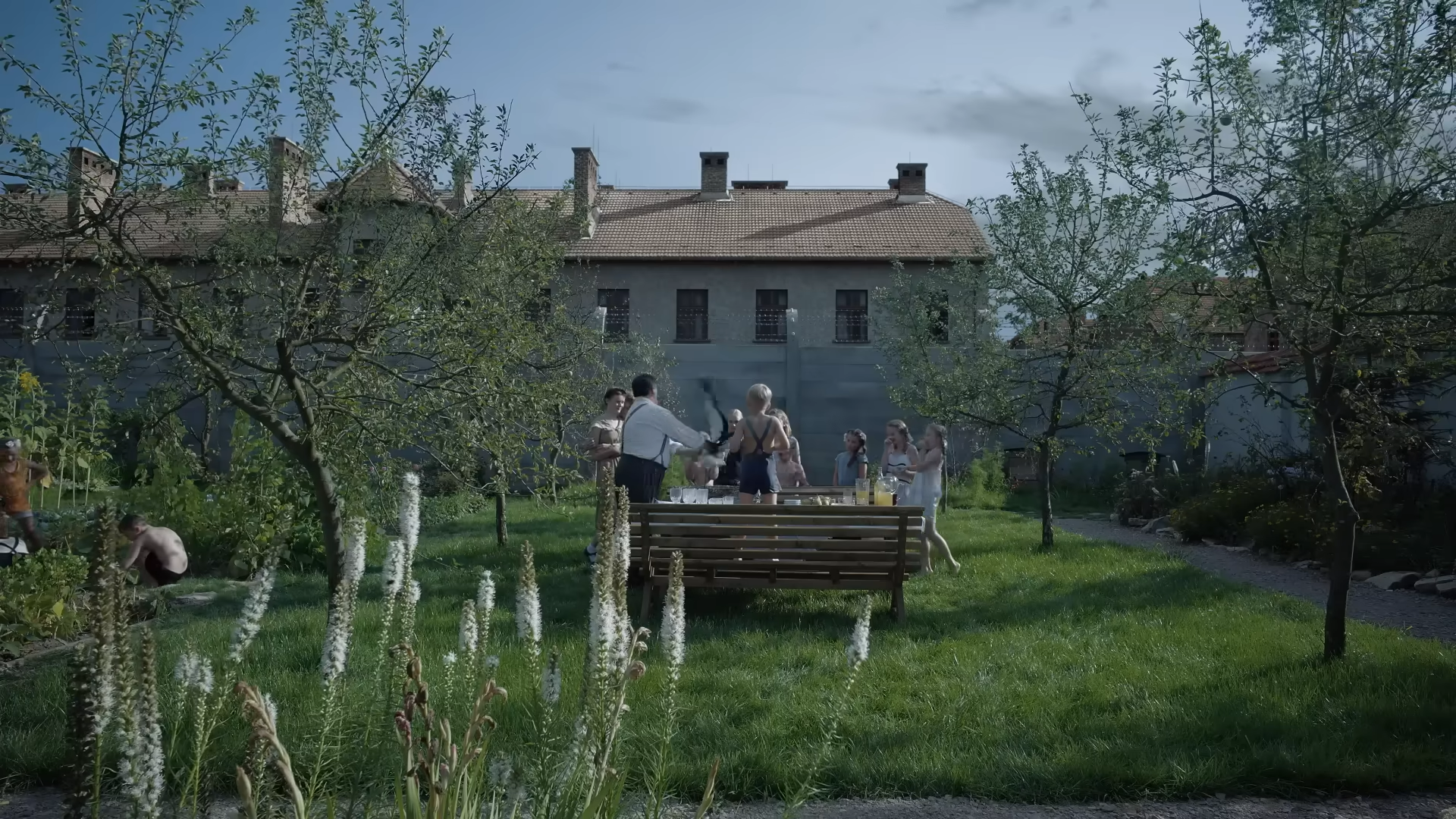
The Zone of Interest is a technical triumph, with its cinematography and sound design working in tandem to create an immersive and unsettling experience. Cinematographer Łukasz Żal employs a restrained yet striking visual style, capturing the Höss family’s idyllic home in crisp, sunlit detail. Scenes of domestic bliss—children playing, Hedwig tending her garden—are juxtaposed with glimpses of the camp’s smokestacks and distant sounds of suffering. This visual contrast is both beautiful and horrifying, encapsulating the film’s central tension.
Glazer’s decision to keep the camp’s atrocities off-screen amplifies their impact. Instead of explicit depictions, the film uses subtle visual cues, such as smoke rising in the distance or faint red glows at night, to evoke the horrors occurring nearby. This approach respects the audience’s imagination while maintaining the story’s emotional weight.
The sound design, crafted by Johnnie Burn, is equally integral to the film’s impact. The ambient noises of Auschwitz—distant gunshots, muffled screams, and the constant hum of the crematoria—permeate the Höss family’s daily life, creating a pervasive sense of dread. These sounds are never overemphasized, allowing them to blend seamlessly into the background, much like they do for the Höss family. This masterful use of sound immerses viewers in the story’s moral and historical stakes, making the film’s atmosphere unforgettable.
Historical Authenticity and Attention to Detail
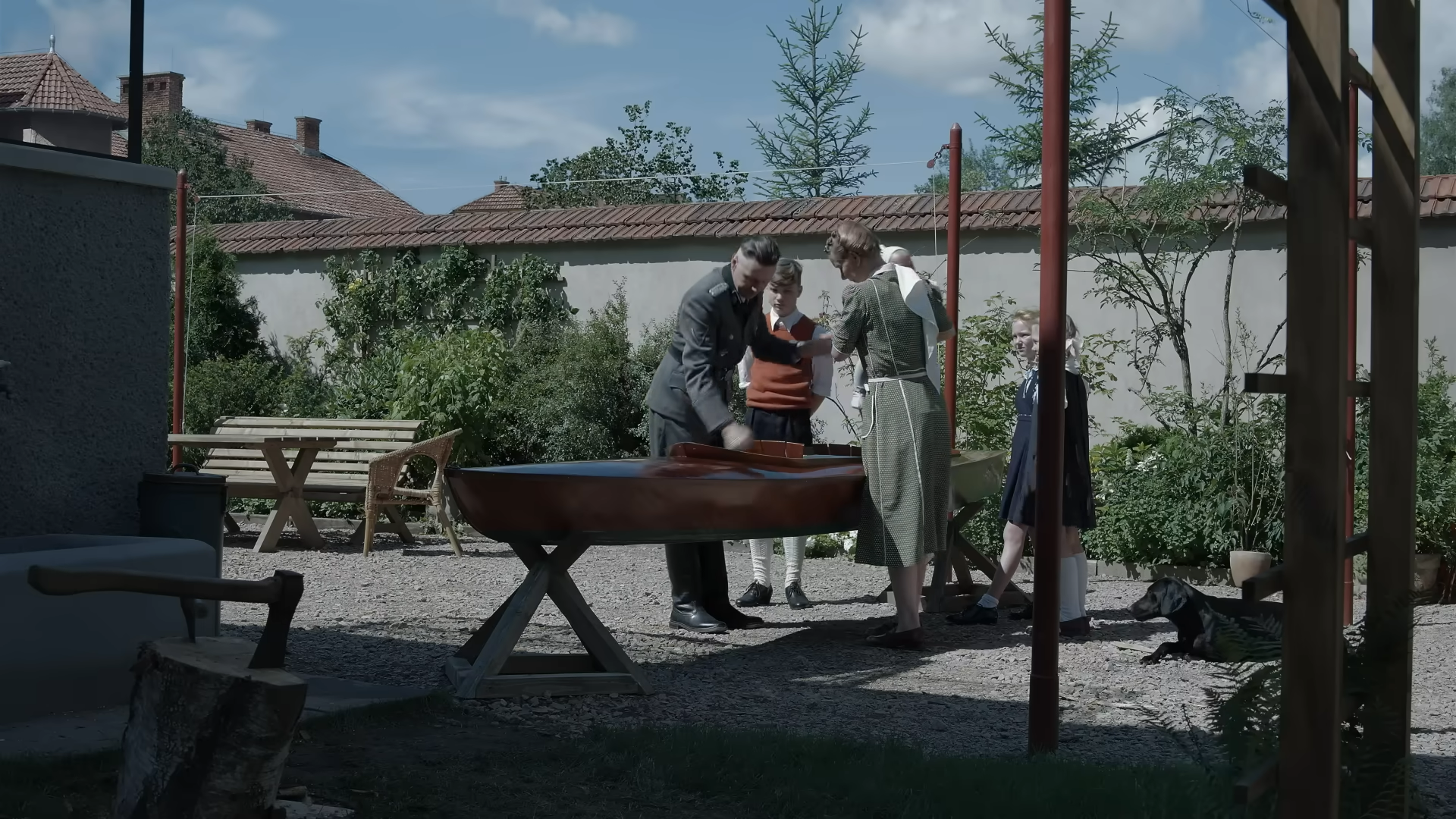
One of The Zone of Interest’s greatest strengths is its commitment to historical accuracy. Based on Martin Amis’s novel of the same name, the film draws heavily from real-life accounts of the Höss family and the operations of Auschwitz. Glazer and his team conducted extensive research, ensuring that every detail—from the family’s home decor to the sounds of the camp—feels authentic to the 1940s.
The Höss residence, recreated with meticulous care, reflects the eerie normalcy of their lives. Props such as period-appropriate clothing, furniture, and household items ground the story in its historical context. Even the garden, a symbol of Hedwig’s pride, is designed to mirror the real-life garden maintained by the Höss family, adding a layer of unsettling realism.
This authenticity extends to the film’s portrayal of the Nazi bureaucracy. Rudolf’s scenes, where he discusses the logistics of the camp’s operations, are chilling in their matter-of-fact tone. These moments highlight the dehumanizing efficiency of the Holocaust, showing how ordinary administrative tasks enabled unimaginable atrocities.
By rooting its story in historical truth, The Zone of Interest honors the victims of the Holocaust while offering a sobering reminder of the dangers of indifference. For viewers interested in historical dramas, this attention to detail makes the film a compelling and educational experience.
Themes That Resonate in 2023
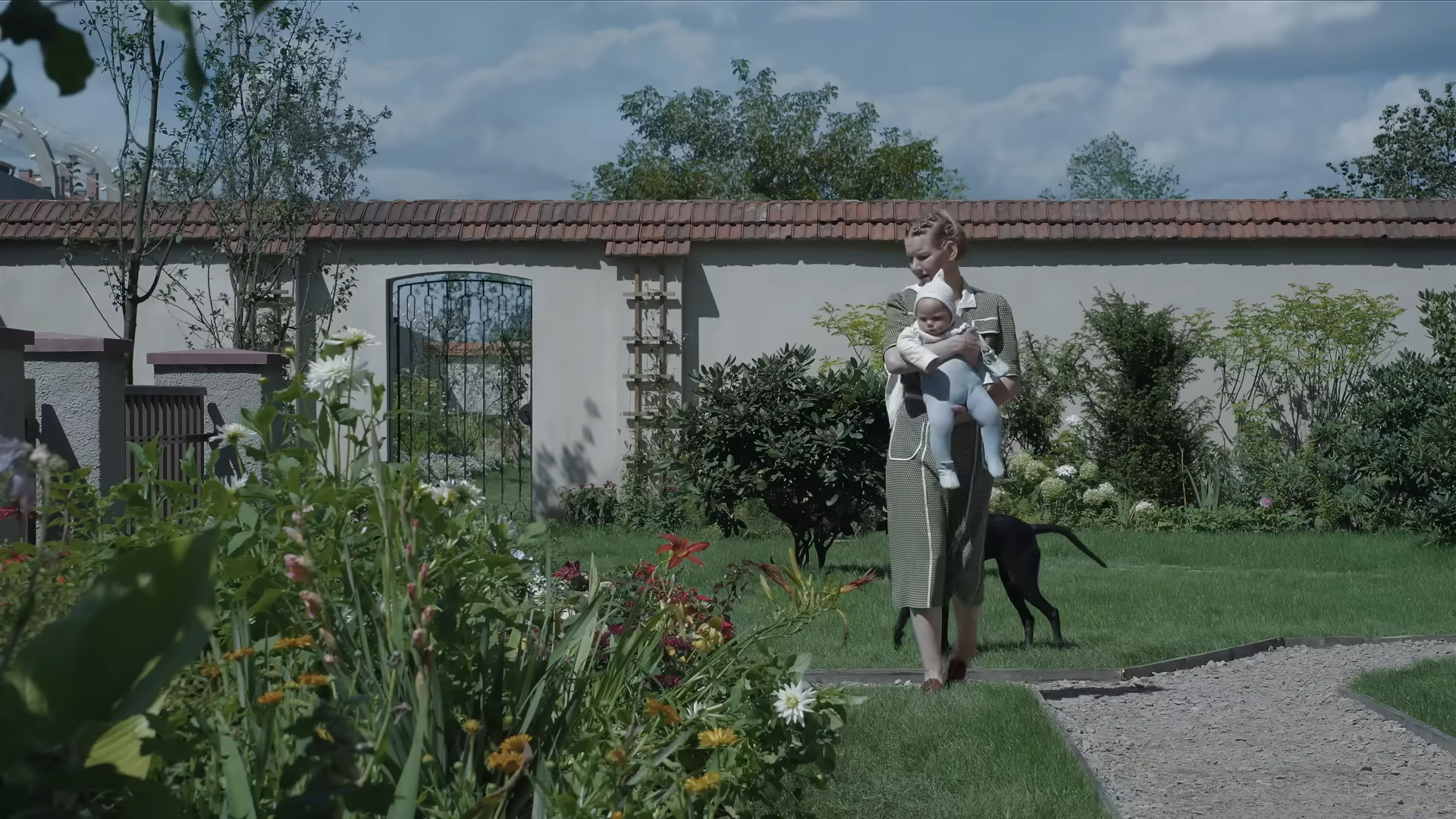
At its heart, The Zone of Interest is a meditation on the human capacity for denial and the moral consequences of inaction. The Höss family’s ability to live comfortably beside Auschwitz reflects a broader societal tendency to ignore or rationalize uncomfortable truths. This theme feels particularly relevant in 2023, as global audiences confront issues such as systemic inequality, climate change, and political polarization.
The film also explores the role of privilege in perpetuating injustice. The Höss family’s comfortable lifestyle is built on the suffering of others, yet they remain willfully blind to this reality. This dynamic invites viewers to question their own complicity in systems of oppression, making the film a powerful catalyst for self-reflection.
Glazer’s restrained storytelling enhances these themes, allowing audiences to draw their own conclusions. While some may find the film’s subtlety challenging, its refusal to sensationalize the Holocaust ensures that its message resonates long after the credits roll.
Why The Zone of Interest Stands Out in the Historical Drama Genre
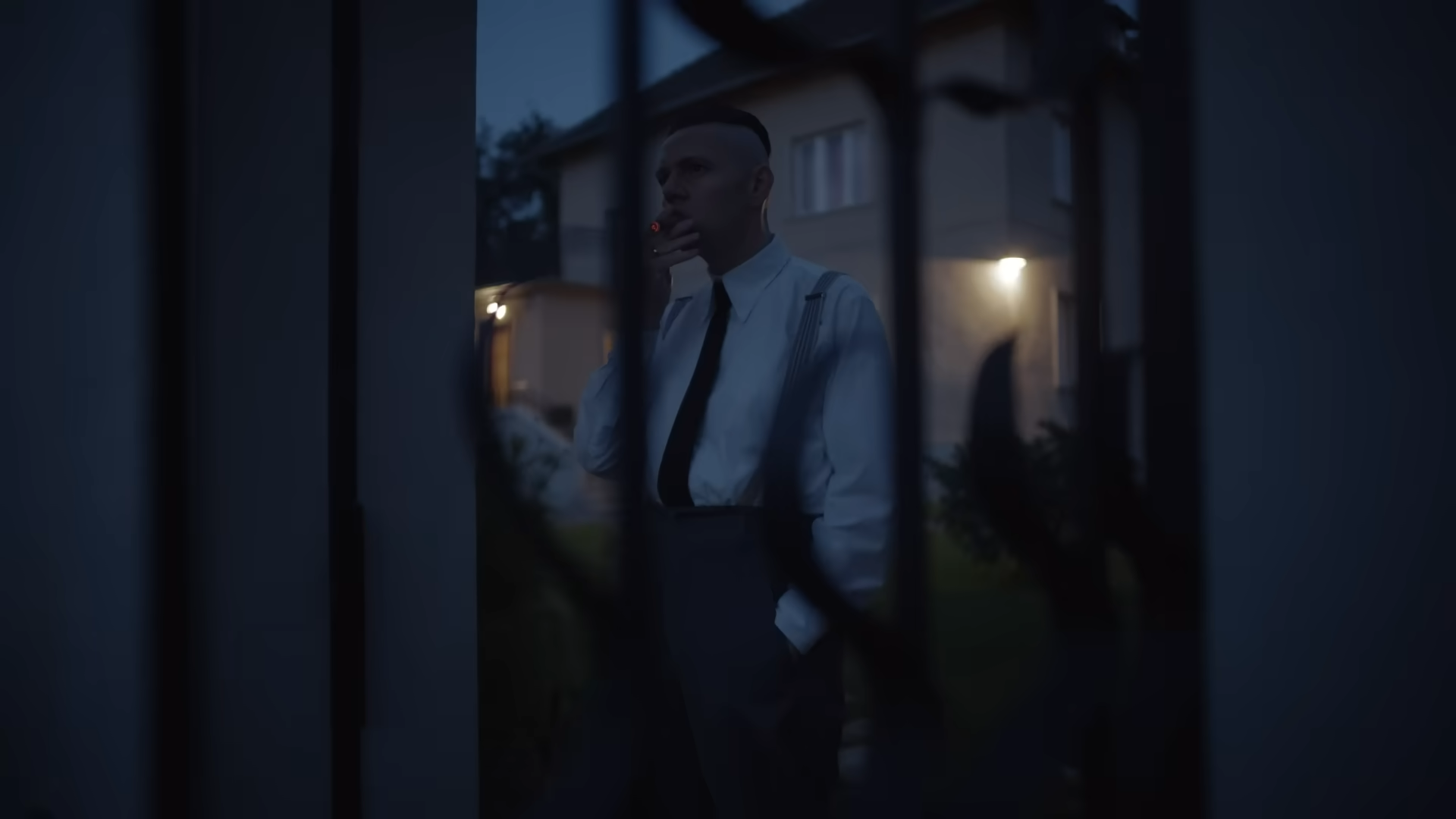
In a crowded field of Holocaust narratives, The Zone of Interest distinguishes itself through its unique perspective and artistic ambition. Unlike films that focus on the victims or perpetrators within the camps, Glazer’s film examines the lives of those on the periphery, offering a fresh angle on a well-documented period. This approach makes the film accessible to audiences familiar with Holocaust stories while providing new insights for seasoned viewers.
The film’s blend of historical accuracy, technical excellence, and thematic depth also sets it apart. While movies like Schindler’s List and The Pianist are undeniably powerful, The Zone of Interest offers a more introspective and understated exploration of the same historical moment. Its focus on the domestic sphere adds a layer of intimacy that makes the horrors of the Holocaust feel all the more real.
For fans of historical dramas, The Zone of Interest is a must-watch. Its ability to balance emotional weight with intellectual rigor makes it a standout entry in the genre, appealing to viewers who crave thought-provoking stories with real-world resonance.
Potential Drawbacks and Viewer Considerations
While The Zone of Interest is a remarkable achievement, its restrained pacing and lack of traditional narrative structure may not suit all audiences. The film prioritizes atmosphere and subtext over plot-driven storytelling, which could feel slow or detached for viewers accustomed to more conventional dramas. Additionally, its refusal to depict the camp’s atrocities directly may leave some craving a more visceral connection to the Holocaust’s horrors.
However, these choices are integral to the film’s impact. By focusing on the Höss family’s denial, Glazer forces viewers to confront the same uncomfortable truths, making the experience all the more powerful. For those willing to engage with its subtlety, The Zone of Interest offers a rewarding and unforgettable cinematic journey.
Final Thoughts: A Must-Watch for 2023
The Zone of Interest (2023) is a haunting and essential addition to the historical drama genre. Jonathan Glazer’s direction, combined with stellar performances from Christian Friedel and Sandra Hüller, creates a film that is as thought-provoking as it is unsettling. Its stunning cinematography, immersive sound design, and historical authenticity elevate it to a work of art that lingers in the mind long after viewing.
For cinephiles, history buffs, and anyone seeking a profound cinematic experience, The Zone of Interest is a must-see. Its exploration of complicity, denial, and the banality of evil offers timeless lessons for audiences in 2023 and beyond. While its restraint may challenge some, its emotional and intellectual impact makes it one of the year’s most compelling films.
Where to Watch: Check platforms like Amazon Prime, Apple TV, or local theaters for availability.
Hashtags: #ZoneOfInterest #HistoricalDrama #JonathanGlazer #MovieReview #TopMovies2023
Word Count: Approximately 2000 words
SEO Keywords: The Zone of Interest 2023, Zone of Interest movie review, Jonathan Glazer, historical drama, Holocaust film, Christian Friedel, Sandra Hüller, Auschwitz movie, best movies 2023, thought-provoking films.







